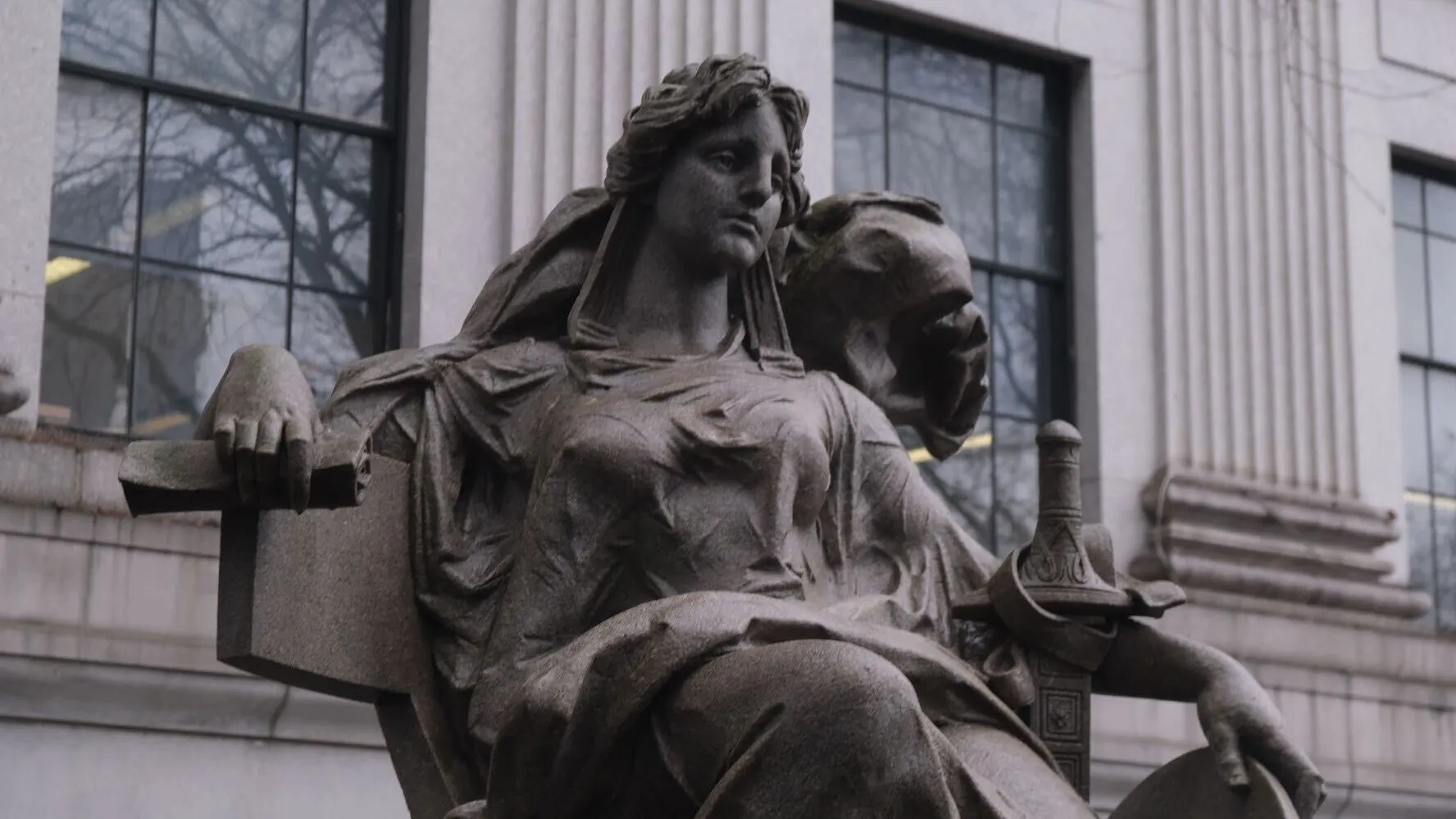FTX sued former compliance officer Daniel Friedberg, alleging in a civil lawsuit filed Tuesday across several charges that he served as a “fixer” for top management and silenced whistleblowers who threatened to go public about the collapsed exchange’s impropriety.
Friedberg served simultaneously as FTX US’s chief compliance officer and general counsel to Alameda Research, a trading firm co-founded by Sam Bankman-Fried that collapsed alongside FTX last November.
The complaint accuses Friedberg of turning a blind eye to an alleged lack of internal controls across Bankman-Fried's crypto empire. In addition, the lawsuit accuses Friedberg of receiving millions of dollars in unjustified compensation.
Friedberg allegedly played a central role in FTX’s former management’s fraudulent scheme, using his insight into the business to hold together “a house of cards.” And by doing so, he violated his fiduciary duties, according to FTX’s new legal team. In total, Friedberg faces 11 civil charges.
The charges include breach of fiduciary duty, legal malpractice, corporate waste, and several others related to fraudulent transfers. Damages related to some charges are to be determined at trial.
Others, centered on fraudulent charges, seek to reclaim payments plus interest related to Friedberg's $300,000 salary at FTX US, a $1.4 million signing bonus, an 8% equity stake in the US-facing exchange, a $3 million payment from Alameda.
The company is also seeking the return of 102 million Serum tokens.
Serum is a Solana-based decentralized exchange (DEX) that Bankman-Fried helped launch with the Solana Foundation in 2020. At its peak, Serum's order book was central to DeFi activity on the network. But when people realized that its private keys were housed within FTX, users fled. At today's price of $0.12—down from $0.82 before things started to fall apart for FTX in November 2022—Friedberg's SRM tokens would be worth $12.2 million.
“While the wholesale raiding of customer exchange deposits and the channeling of billions of dollars of FTX Group assets through so-called lending, investments, political contributions, and donations was concealed from the outside world, it was facilitated by Friedberg and other FTX Insiders,” the complaint claims.
In January, the judge overseeing the company's Chapter 11 bankruptcy case shot back at a 17-page declaration filed by Friedberg supporting two creditors’ objections to the hiring of Sullivan & Cromwell. The judge also had Friedberg kicked off a Zoom call after he disrupted a court hearing.
Under the management of its new CEO John Ray III, FTX wants every dollar it can claw back for customers and investors burned by the exchange’s implosion. To that end, the company is seeking damages for Friedberg’s alleged misconduct and the disgorgement of bonuses, cryptocurrency, and other “things of value” obtained during his tenure.
Friedberg was tasked with risk management and overseeing FTX’s legal needs across firms associated with Bankman-Fried. But he ultimately hid that FTX commingled customer funds by providing falser information to auditors, the lawsuit alleges.
As several whistleblowers stepped forward at Alameda and FTX US, Friedberg allegedly played a pivotal role in buying their silence. The payments grossed millions of dollars to employees that worked at FTX-linked firms and their respective counsel.
While Friedberg was tasked with investigating complaints raised by employees, in one instance, he helped pay an FTX US employee who came forward “exorbitant hush money,” the total of which is redacted in the complaint.
Instead of insuring there were proper controls in place, the complaint accuses Friedberg of enabling a cast of FTX insiders who had “virtually limitless power,” to transfer cash and crypto indiscriminately. During a span of two years, this included over $2 billion in transfers to FTX insiders that were masked as loans, the lawsuit alleges.
Several members of Bankman-Fried’s inner circle have pleaded guilty to misconduct in relation to Bankman-Fried’s criminal trial, including former Alameda Research CEO Caroline Ellison and former FTX Engineering Officer Nishad Singh. Bankman-Fried, who faces a litany of charges including fraud and money laundering, has pleaded not guilty. His criminal trial is set to take place in October.

